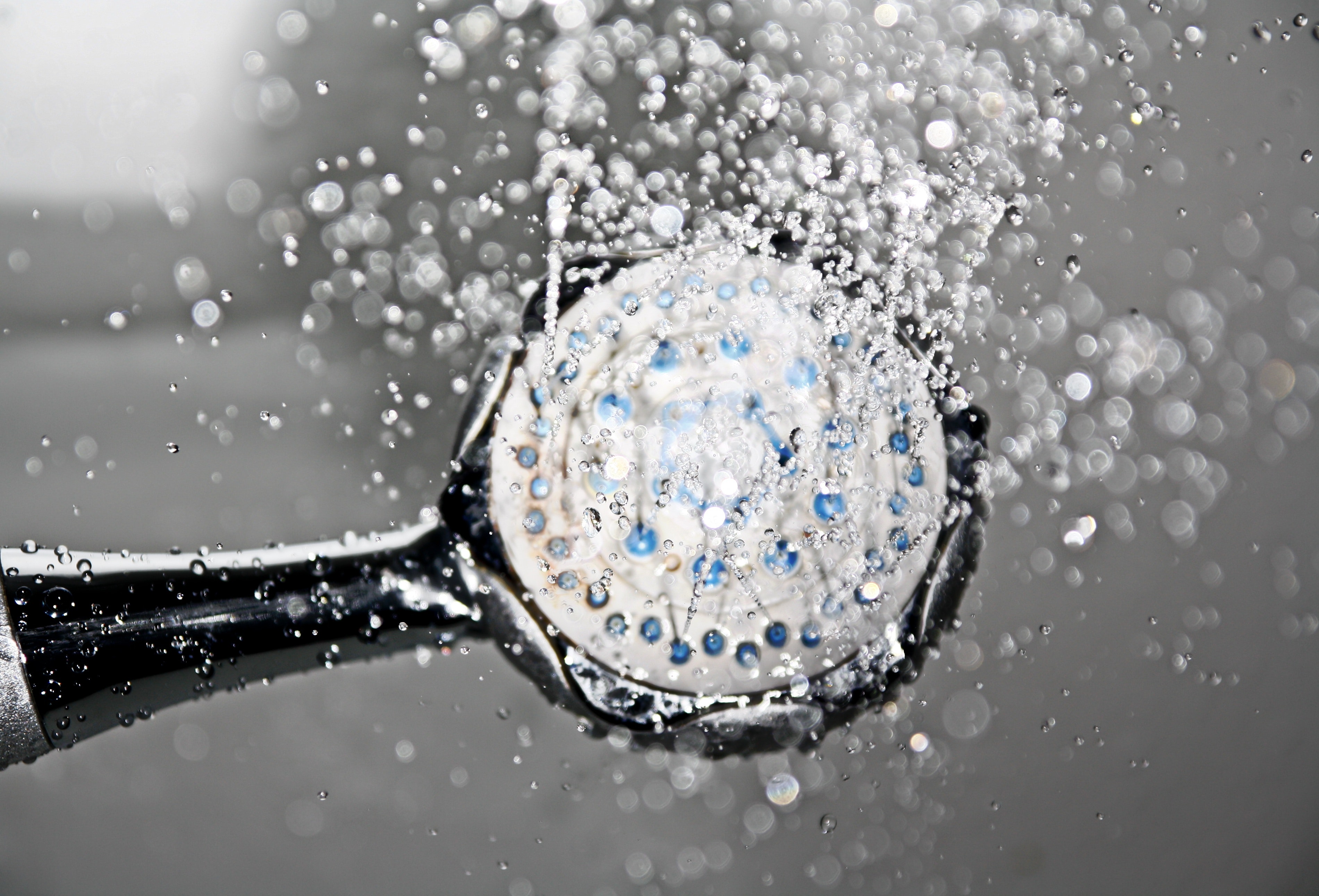
When it comes to providing hot water for your home, you have two primary options: tankless water heaters and conventional tank-style water heaters. Each of these systems has advantages and disadvantages, and choosing the right one for your home depends on your specific needs and preferences. We consulted the top plumbing companies in Houston to break down the key differences between tankless and conventional water heaters.
Tankless Water Heaters
Tankless water heaters are also sometimes called instantaneous or on-demand water heaters. They have become popular of late due to their space-saving design and energy efficiency. Unlike conventional water heaters, tankless units do not store hot water in a large tank. Instead, they heat water as needed when it flows through the unit.
Here are some of the key advantages of tankless water heaters:
Energy Efficiency: A crucial advantage of tankless water heaters is their energy efficiency. Since they only heat water when you need it, they do not constantly maintain a tank of hot water, which can lead to standby energy loss. This energy-saving feature can lower utility bills and reduce energy consumption, making tankless units an eco-friendly choice.
Unlimited Hot Water: Tankless water heaters provide a non-stop supply of hot water. As long as you have a properly sized unit for your household’s needs, you will not run out of hot water during showers or other activities, even during peak usage.
Space-Saving: Tankless water heaters are compact and wall-mounted, freeing up valuable floor space in a smaller home. This feature can be particularly advantageous for apartments or bathrooms with limited installation space.
Longevity: Tankless water heaters on average have a longer lifespan than conventional units. With proper care and maintenance, a tankless unit can last up to 20 years or more, while traditional tank-style heaters typically last around 10-15 years.
That said, tankless water heaters also have some disadvantages:
Upfront Cost: Tankless water heaters tend to have a higher upfront cost compared to conventional units. The cost includes the unit itself, installation, and potential modifications to your home’s gas or electrical systems.
Installation Complexity: Installing a tankless water heater can be more complex than replacing a traditional unit. Depending on your home’s existing infrastructure, you may need to make adjustments to accommodate the tankless system.
Flow Rate Limitations: Tankless water heaters have a limited flow rate, which means they may struggle to provide hot water for multiple high-demand appliances simultaneously. To avoid this issue, you may need to install multiple tankless units or select a larger, more expensive unit.
Conventional Water Heaters
Conventional water heaters, often referred to as tank-style water heaters, have been the standard choice for residential hot water for decades. These units store and preheat a sizeable volume of water in a tank, which is then dispensed when you turn on a hot water faucet or appliance.
Some of the key advantages of conventional water heaters include:
Lower Upfront Cost: Conventional water heaters typically have a lower initial cost compared to tankless units. This can be appealing to homeowners on a tight budget.
Simplicity of Installation: Replacing an old conventional water heater with a new one is relatively straightforward, as it usually involves a like-for-like swap with minimal modifications to your plumbing and electrical connections.
Familiar Operation: Most people are familiar with how traditional water heaters work, and they have been a reliable source of hot water for decades.
However, conventional water heaters have some drawbacks too:
Standby Heat Loss: One of the most significant drawbacks of conventional water heaters is standby heat loss. These units continuously heat the water in the tank, even when not using hot water, which can lead to higher energy bills.
Limited Hot Water Supply: Conventional water heaters have a finite amount of hot water available in their tanks. If you use up the hot water during a long shower or multiple tasks requiring hot water simultaneously, you’ll need to wait for the tank to refill and reheat, causing inconvenience.
Space Requirements: Conventional water heaters are bulkier and take up valuable floor space in your home. This can be a challenge in smaller houses or utility rooms.
Energy Efficiency and Cost-Effectiveness
As utility costs keep climbing, energy efficiency is paramount. Tankless water heaters have the edge in these aspects. Their on-demand heating system reduces energy consumption and lowers utility bills. In some areas, you may also be eligible for tax credits and rebates for an energy-efficient tankless water heater, further improving its cost-effectiveness.
However, your specific circumstances are also a consideration. If you are planning to stay in your current home for many years, the energy savings of a tankless water heater will eventually offset the higher upfront costs. On the other hand, if you will be moving very soon, a conventional water heater with its lower initial cost may be the more cost-effective choice.
Ultimately, the decision depends on your household’s hot water usage, budget, and long-term plans. If energy efficiency and endless hot water are top priorities, a tankless unit is likely the better choice. However, if you are on a tight budget and prefer a straightforward installation, a conventional water heater may be more suitable for your needs.
